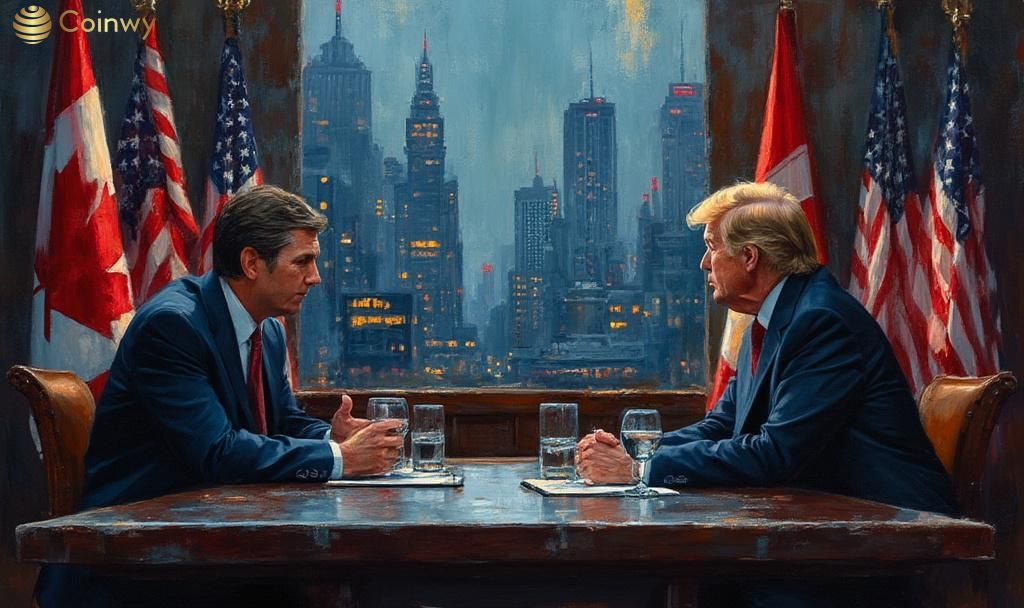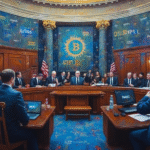- US imposes 35% tariff to urge fair trade with Canada.
- Canada seeks ally support and job protection.
- No direct cryptocurrency effects confirmed.
Lede
Peter Navarro, White House Senior Counselor, calls on Canada to negotiate fairer trade terms as the US imposes a 35% tariff. Canada’s Industry Minister Mélanie Joly responds, emphasizing Canada’s alignment with global allies.
Nut Graph
The imposition of a 35% tariff by the US affects trade with Canada, urging renegotiations. Indirect financial market volatility is possible, though the direct impact on major cryptocurrencies remains unconfirmed.
Peter Navarro urges Canada to engage in “fair” trade talks following a 35% US tariff on Canadian imports. President Donald Trump has authorized the tariff deadline for August 1, 2025. Canada’s Industry Minister, Mélanie Joly, emphasizes Canada’s alignment with global allies to counter US protectionism. She stresses the importance of economic diplomacy and protecting Canadian jobs amid US measures.
“We need to be closer to our allies. Canada is the only country on earth along with China that has imposed so many counter tariffs. […] We want to make sure that while we are putting pressure on the American administration that at the same time we’re protecting jobs while creating jobs and […] economic diplomacy is more important than ever.” – Mélanie Joly
Tariff Impact
The tariff impacts primarily industrial and agricultural exports between the US and Canada, causing potential market volatility. Historical precedent shows that past tariffs did not significantly alter cryptocurrency markets, although indirect effects may occur as traders hedge against traditional financial risks. Expert opinions note that any financial, regulatory, or technological outcomes remain speculative. Data and historical trends from previous trade confrontations suggest that major cryptocurrencies remain unaffected in the long-term. Peter Navarro’s emphasis on US manufacturing independence reflects historical protectionist policies. Meanwhile, Canada seeks to balance pressure from the US with strategic alliances.






